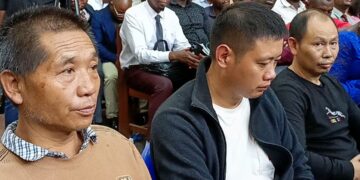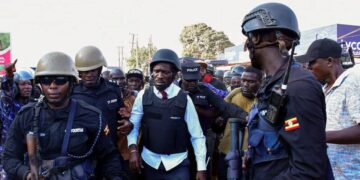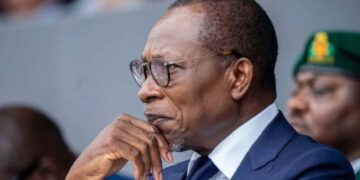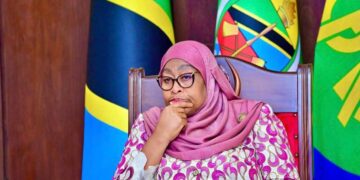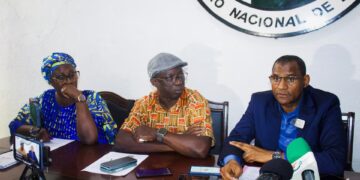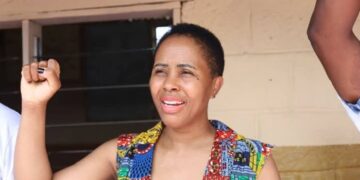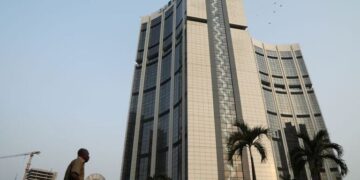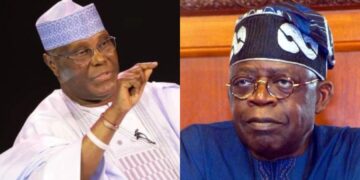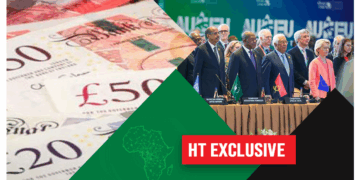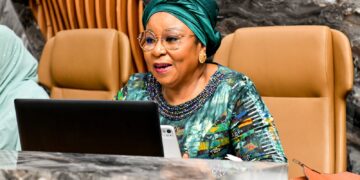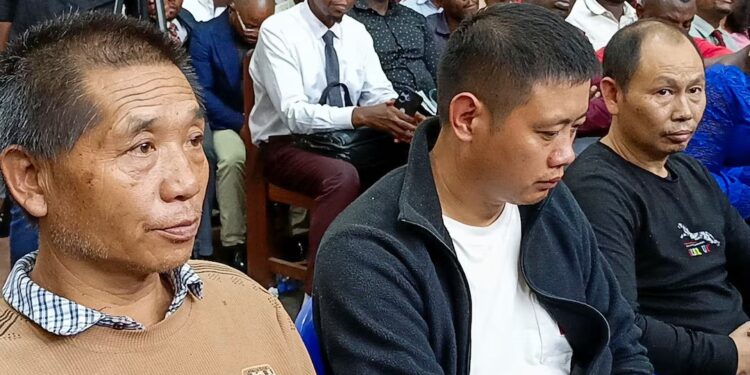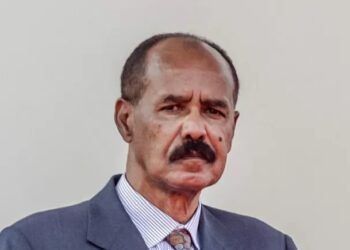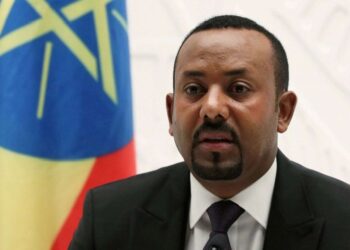By Enyichukwu Enemanna
A court in the Democratic Republic of Congo (DRC) has sentenced three Chinese citizens to seven years in prison after they were arrested on 4 January in possession of gold bars and $400,000 in cash.
They were found guilty of illegal activities, including the unauthorised mining of the country’s mineral resources.
The East African country recently launched a clampdown on the illegal extraction of its valuable mineral deposits in the conflict-torn eastern region.
The trio are the first Chinese citizens to stand trial since the renewed efforts to stamp out illegal mining. Like other African countries, the DRC has repeatedly alleged that China wields significant influence in artisanal mining, with many operators working without licences.
“This is an educational trial that should normally serve as a wake-up call to all Chinese nationals who think they can leave China, arrive in Kitutu, Kibe, Lugushwa, Kamituga or Mwenga, and behave as if they were in their own room, without even paying the hotel fees,” said Christian Wanduma, a lawyer representing local communities in the trial.
The court in Bukavu, the capital of the eastern South Kivu province, on Tuesday found the defendants guilty of money laundering, illegal purchase and possession of mineral substances, and other charges.
In addition to the prison sentence, the presiding judge ordered them to pay a fine equivalent to $600,000 and permanently banned them from entering Congo after serving their jail terms.
They were, however, acquitted of other charges, including fraud and illegal mineral extraction, due to lack of evidence.
The defendants had pleaded guilty to four of the seven charges against them but maintained throughout the trial that they had not known they were breaking Congolese law before their arrest. Their lawyer has vowed to appeal the judgement.
“Our minerals are being plundered by companies that are mostly Chinese-owned, and our people remain in extreme poverty. The roads are very dilapidated, we have difficulty accessing drinking water, health care, education, electricity, and employment,” civil society leader Nene Bintu said during a demonstration.
The East African country, which is battling the activities of M23 rebels, has struggled to stop unlicensed companies and local armed groups from exploiting its rich reserves of cobalt, copper, gold, and other minerals essential for producing mobile phones and electric vehicle batteries.
A BBC report highlights that the eastern region’s substantial mineral wealth has been illegally exploited by foreign entities since the colonial era, contributing to over three decades of instability.
Militia groups dominate many mines in eastern DRC, with their leaders profiting by selling minerals to intermediaries, including Chinese nationals.
Additionally, last month, the DRC threatened to sue Apple over the use of “blood minerals” for which royalties had not been paid.
However, the tech giant denied sourcing mineral resources essential for its products from the DRC or neighbouring Rwanda.
